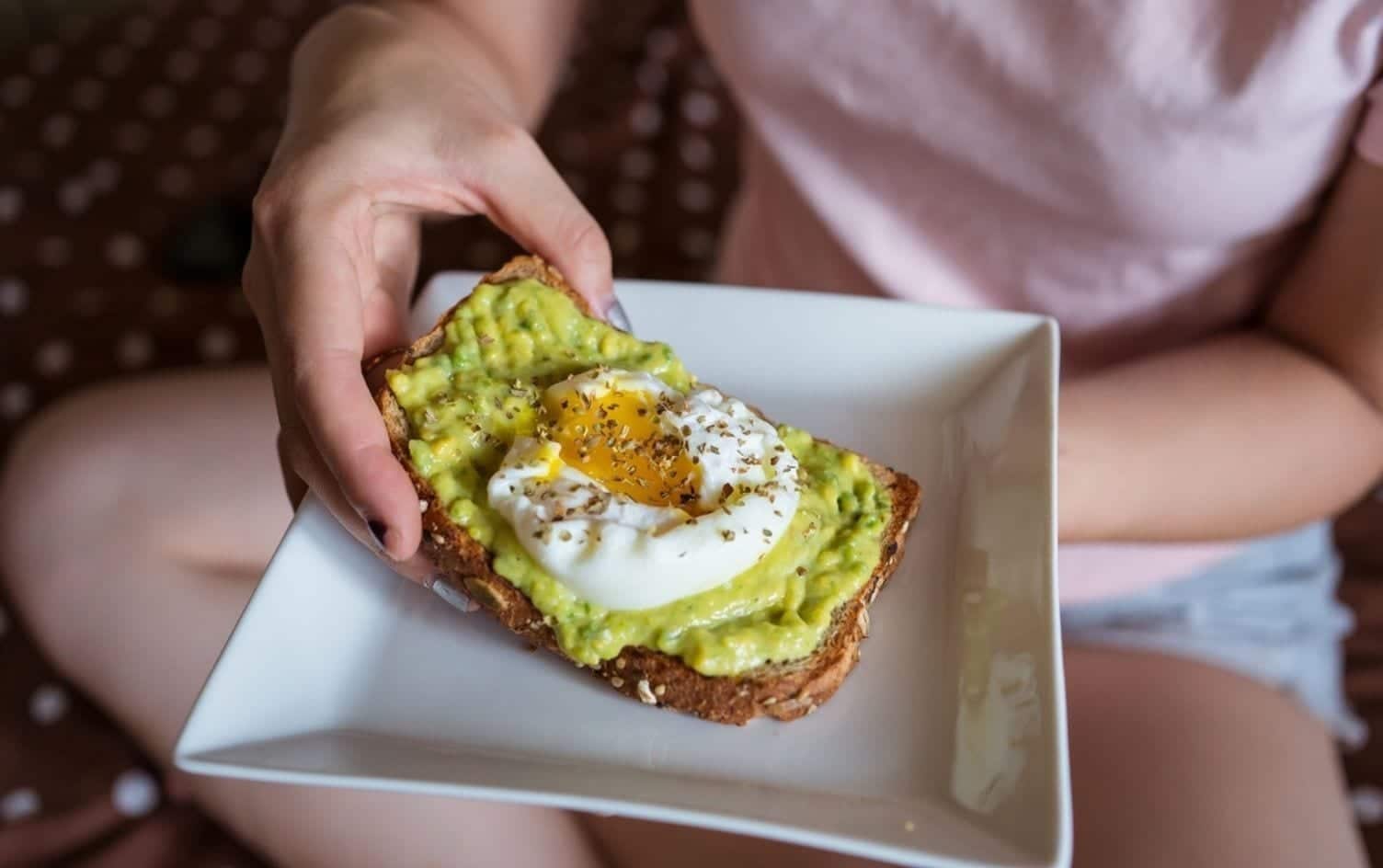When it comes to boosting your metabolism, every grocery or drug store carries plenty of weight-loss supplements that make bold claims, but there’s a better place to direct your shopping cart: the produce section.
“Focusing on whole foods like vegetables and fruits can provide the types of vitamins and minerals that are helpful for weight loss, with the added benefit of getting fiber and antioxidants,” says Kristen Smith, RDN, a registered dietitian for Piedmont Healthcare.
When deciding what to pick, some options are especially potent for metabolism-boosting micronutrients. Consider these choices on your next shopping trip:
METABOLISM-BOOSTING MICRONUTRIENT: CHOLINE
Part of the vitamin B family, choline helps the body use fats more efficiently by breaking them into smaller pieces that can be burned more easily for energy.
Eggs are a top pick for this nutrient, but another one is mangoes, says Martha Lawder, RDN, president of the California Academy of Nutrition & Dietetics. Although people focusing on weight loss tend to shy away from mangoes due to their high natural sugar content — which means they’re a high-carb fruit — they’re a great source of choline, she says.
“Not only do mangoes taste absolutely delicious, but they improve metabolism,” says Lawder. “Also, choline is very important to central nervous system function, so that’s another top benefit.”
METABOLISM-BOOSTING MICRONUTRIENT: MAGNESIUM
All minerals in your diet play important roles, but magnesium is an overachiever. Not only does magnesium help with muscle recovery, heart health, bone density and kidney function, but it’s also linked to improved sleep and better digestion.
In terms of weight loss, a study in Nutrition reported that higher magnesium levels help control insulin and glucose blood levels and can also reduce bloating and water retention. This process improves metabolism function since poorly controlled insulin and glucose can have an effect on fat storage.
Foods high in magnesium include nuts, dark chocolate, whole grains, lentils, chickpeas and quinoa. Top choices when thinking of weight loss are avocados and salmon, which are both high in magnesium and also boast a high fat content.
“Food like avocadoes or salmon will help keep you feeling full for longer,” says Smith. “So you get the advantages of its nutrients, while also getting the benefit that comes with healthy fat.”
METABOLISM-BOOSTING MICRONUTRIENT: VITAMIN D
Because of its well-deserved reputation as an immunity booster, vitamin D is certainly in the spotlight, especially since some research suggests low levels of the vitamin could be tied to worse outcomes with COVID.
But before it was a darling for its antiviral potential, vitamin D was showcased for its other health benefits, including playing a role in weight loss. In part, that’s because several studies found associations between higher body fat percentage and lower vitamin D levels.
A study looking at 218 overweight and obese women over a yearlong period had participants control their calories and exercise, with half also taking a vitamin D supplement. That latter group ended up experiencing more weight loss than the group that didn’t have the vitamin.
Looking to get more D in your day? Here’s another occasion to have salmon, says Smith, since the fish is high in the vitamin. If you’re not a fish fan, no problem: You can also get vitamin D from egg yolks, mushrooms and fortified milk.
Don’t forget sunshine, too — catching some rays is a top way to increase your vitamin D levels. According to Dr. Michael Holick, of the Bone Health Care Clinic at Boston University Medical Center, it only takes about 10–20 minutes of sun exposure per day to get your daily dose.
Originally published February 2021, updated August 2022
Ready to take the next step? Unlock MyFitnessPal Premium to access custom goal settings, quick-log recipes, and guided plans from a registered dietitian. Premium users are 65% more likely to reach their weight loss goals!




